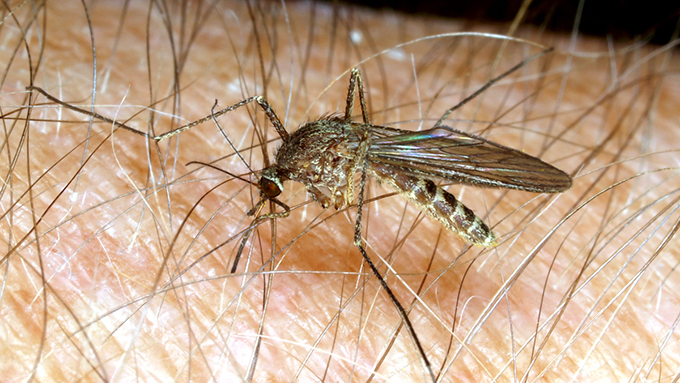
Mosquitoes are both a nuisance pest and a health pest. Some mosquitoes transmit diseases like malaria, dengue fever, yellow fever, encephalitis and West Nile virus (WNV). Mosquitoes feed on a variety of hosts and the diseases they are able to transmit is specific to the type/species of mosquito.
In Nebraska, there are 50 species of mosquitoes. WNV is spread by the Culex mosquito species, which are common blood feeders in the Midwest. Their populations and incidence of WNV are at peak levels during fall months. In 2018, Nebraska had the highest number of cases in the United States with 245 cases and 11 deaths, which was second only to Illinois, with 16 deaths.
Two things that lead to high incidents of WNV include higher-than-normal temperatures and high rainfall.
Recent rains remind us to protect ourselves from mosquito bites and help reduce the risk of WNV by using effective insect repellents that have been evaluated and approved by the U.S. Environmental Protection Agency.
For more information on WNV and Repellents:
Nebraska’s Bad Buzz: What You Need to Know About
Mosquitoes and West Nile Virus (July 2019, Jody Green, Extension Educator). https://lancaster.unl.edu/pest/resources/377WestNileVirus.pdf
Choosing the Best Bug Spray to Protect Your Family From Mosquitoes and Ticks (May 2019, Jody Green, Extension Educator). https://lancaster.unl.edu/pest/resources/373Repellents.pdf
More details at: http://lancaster.unl.edu/pest